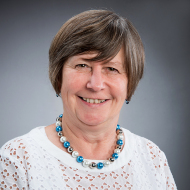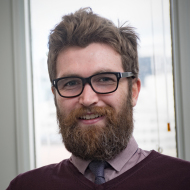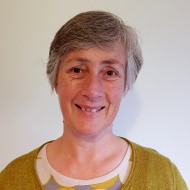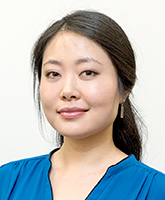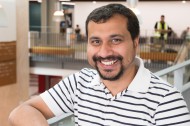Science is a key strategic focus of primary and secondary education in New Zealand.
In 2014, the government launched a national strategic initiative entitled A Nation of Curious Minds – He Whenua Hihiri i te Mahara,
aimed at improving public engagement with science and technology, and building greater scientific literacy amongst the New Zealand citizenry.
One key aim is to enhance the role of education in improving engagement with science.
Evidence shows however, that student engagement with science is declining, reflecting international trends.
New Zealand research suggests both a decline in engagement with school science as students move through the education system
and that this decline is happening at younger ages than previously.
Given these trends, the problem of how to improve scientific engagement is a significant one.
One way of doing so may be through online citizen science. Citizen science projects are those which involve
members of the public in some way, in scientific or technological research. Online citizen science (OCS) is the sub-field of
participatory science that makes use of systems on the World Wide Web to let volunteers contribute to real scientific endeavours.
OCS projects have great potential to help increase children’s science capabilities at different ages,
while also supporting the development of basic skills such as counting and reading, and advancing digital literacy.
Our major research question is: How can OCS be purposefully embedded for Year 3-8 students in New Zealand primary classrooms in
ways that meet the aims and intentions of the Nature of Science strand of the New Zealand Curriculum?

